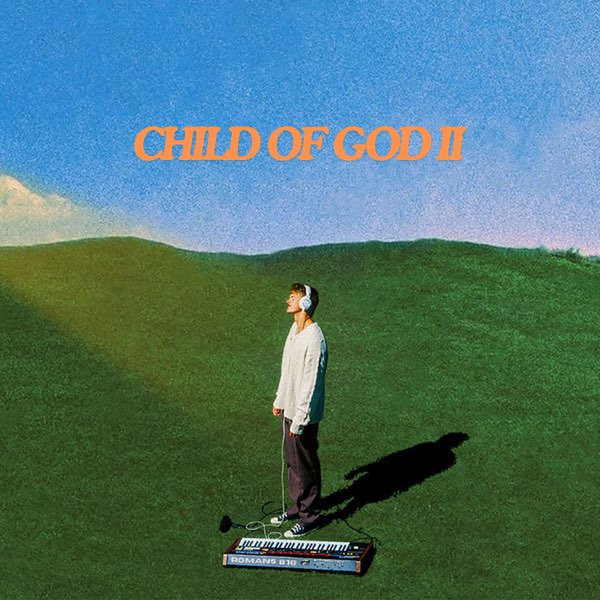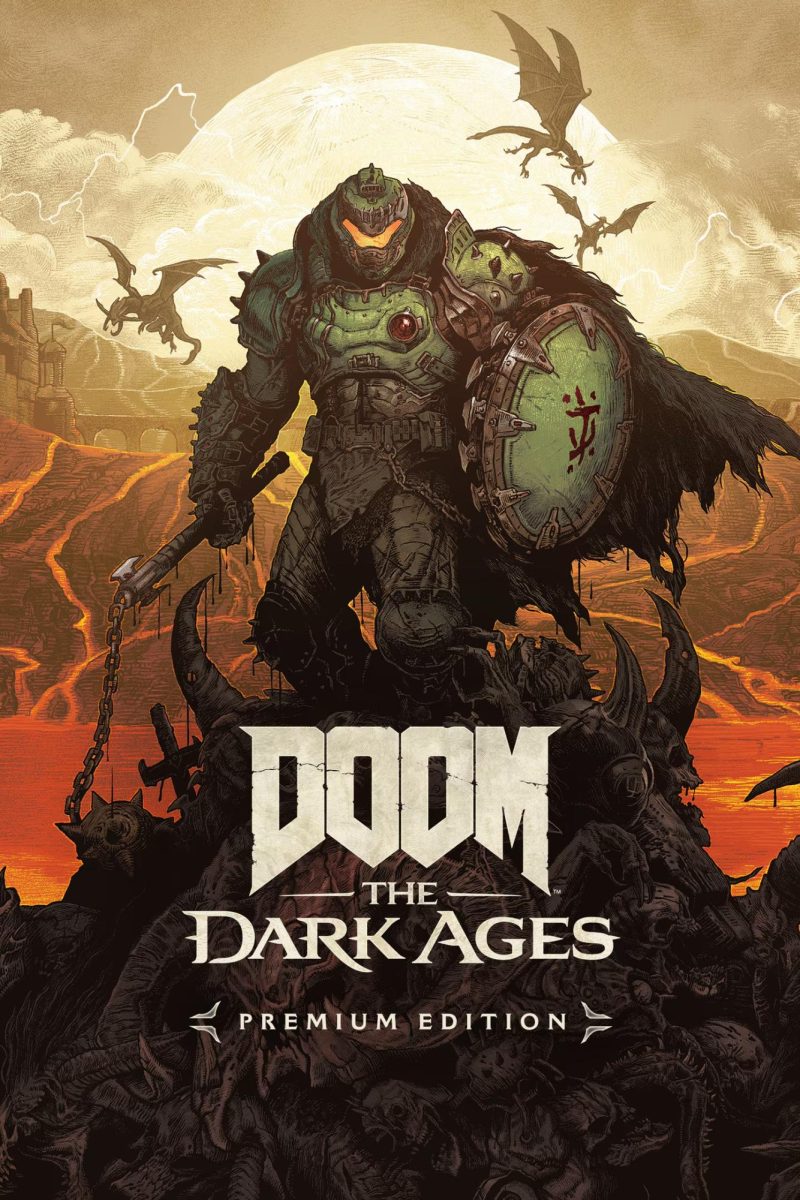Technology has immersed itself so fully into the world that it is normal to have an entire relationship through a phone or a computer. We can talk to somebody in Australia, Boston or Singapore. The internet has brought a new medium of communication and has proven time and time again that physical touch is not necessary to a happy relationship.
The movie “Her” explores the concept of being in a relationship such as that- with no touch, that is. In fact, the romance of this story is between a man and his computer.
It is directed by Spike Jonze, who also directed “Where the Wild Things Are” (2009) and “Being John Malkovich” (1999), both of which have components of the strange and supernatural. When viewing “Her,” one has to suspend reality. You cannot think “this guy is in love with his computer, what a loser” and enjoy the movie; you have to think something closer to “this guy is in love with his computer. Weird. At least he found love somewhere so that is good I guess.”
The movie shows the life of a Theodore Twombly (Joaquin Phoenix), who works at a company where he writes poignant and personal letters for people who cannot express themselves so well. Theodore spends his time between “video games and internet porn.” Theodore is about to get divorced to the girl he grew up and fell in love with. Theodore is depressed and lonely.
Introverted and isolated, Theodore hears about and then buys a futuristic new operating system that’s equipped with artificial intelligence. It is designed to evolve and adapt itself. Theodore sets it up with a female voice (Scarlett Johansson.) The operating system promptly names herself Samantha.
Time goes on and Theodore and Samantha fall in love, facing the struggles of any normal relationship alongside with the fact that Samantha is essentially a disembodied voice. It is a strange story, and might leave some feeling weirded out. But the parallels of modern “long distance relationships” and the plot of “Her” managed to help normalize the peculiar romance.
The aesthetic is futuristic, with architecture and furniture containing the modern elements of sharp, crisp lines and soft roundness that is reminiscent of an iPhone. The attire is slightly retro and the color palette is slightly pastel. The ease of which everyday artificial intelligence was so easily integrated into everyday life is a little unnerving; Theodore’s coworker does not bat an eye when told that Theodore’s girlfriend is an operating system and not human.
Besides the sleek look, something that I enjoyed was the evolution of Samantha: instead of solely serving as a computer and girlfriend to Theodore, she works to better herself and learn more. She is constantly absorbing material and talking with other operating systems and people. Many romance stories are extremely formulaic and painfully stuffed with flat characters and forced love triangles. “Her” had a refreshing theme of personal growth.
However, as beautiful and unique as it was, I had some difficulties getting into the movie. I found most of the faults with Theodore. He did not seem to be a particularly interesting or likeable character. I suppose I was just a little bored with and bitter about yet another love story that highlights the horrible terrible struggle of the straight man’s love life.
When the screen went dark and the end titles scrolled, I felt an incredible amount of apathy. Everybody is heartbroken. Theodore’s character did not seem particularly special. But upon further consideration I came to the conclusion that “Her” isn’t so much a love story as it is a study of character growth that just happens to involve a non-traditional romance.
I feel like this movie is geared more towards those that use computers and phones with more fluency. If you like the strange and futuristic then you will probably enjoy “Her.” However, I was not personally held in awe with “Her” and would not be deeply saddened if I never got to hear about “her” again.





